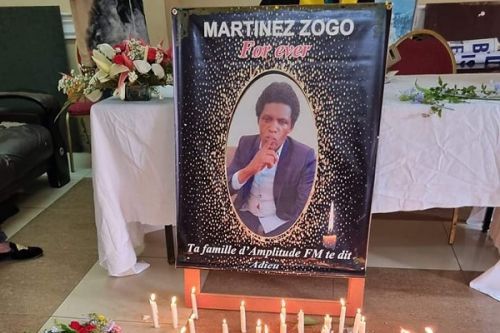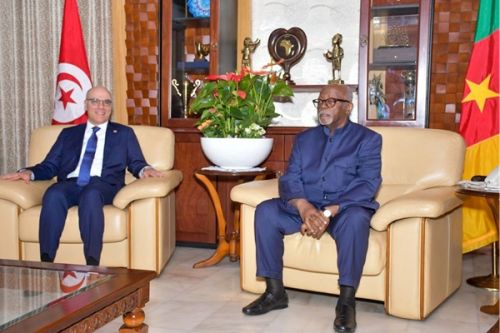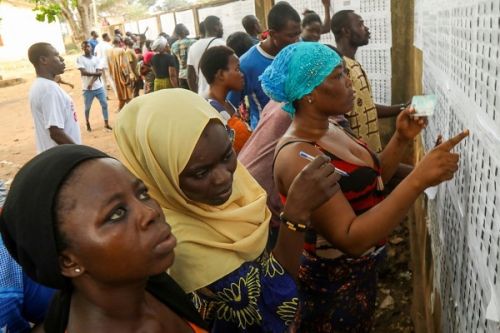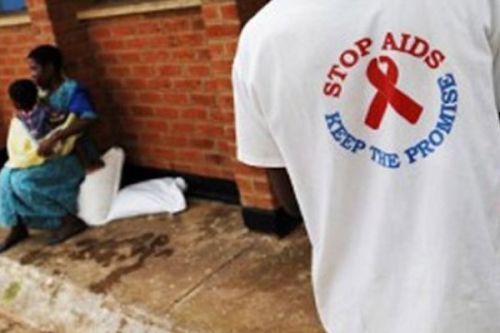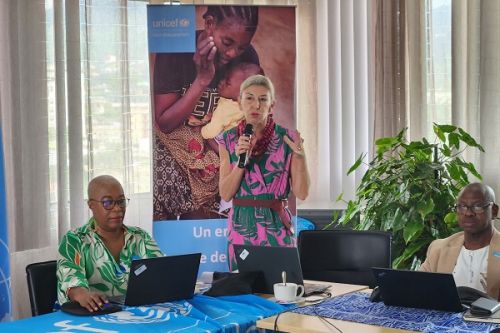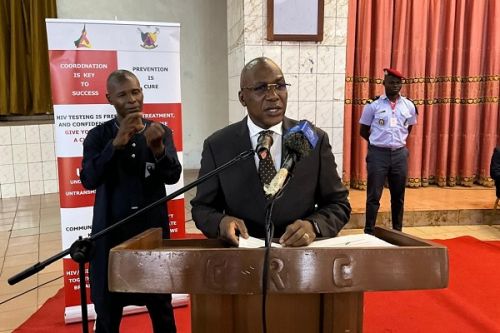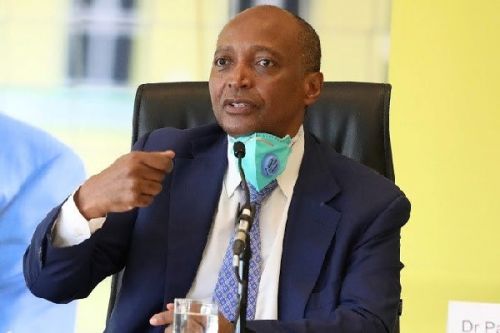The second hearing in the trial concerning the assassination of broadcaster Martinez Zogo opened on April 15, 2024, at the Yaounde Military court. While some defense lawyers for the 17 accused expressed concerns about delays in substantial discussions, this hearing primarily focused on preliminary observations, particularly the state’s involvement as a civil party through the Directorate General for External Research, DGRE, the country’s counterintelligence service. Its agents were implicated in the assassination of the head of Amplitude FM in January 2023. The defense argues that the DGRE cannot be considered a victim in the trial when its agents are among the defendants. They contend that the state should be involved in the trial as “civilly responsible.”
Attorney Mbuny, representing Lieutenant Colonel Justin Danwe, former head of operations for the DGRE and the alleged orchestrator of the commando team set up to assassinate Martinez Zogo, shares this view. He stated, “Since the beginning of this case, the state was not involved in the case,” and therefore, “the state should not yet be cited at this stage of the trial.” He believes that the DGRE’s decision to send a lawyer to represent itself as a civil party constitutes an “intrusion” into the trial.
At the trial’s opening on March 25, Attorney Claude Assira appeared at the hearing with a letter from the director general of the DGRE appointing him to represent this intelligence service as a civil party, i.e., as a victim in the assassination case involving its agents. However, many lawyers present argued that the DGRE, as a state entity, must be held accountable for the incident, and the state’s responsibility can only be determined at the trial’s conclusion. This introduces the concept of “civilly responsible,” which implies the payment of damages to the victim or their rights holders. “One cannot be both a civil party and civilly responsible,” explains Attorney Mbuny, who believes “the state is trying to escape its responsibility.” He insists, “The state must pay.”
In response, Attorney Assira, representing the DGRE, counters by stating that the state does not deny that its agents are accused in this case and that some of its resources may have been used. He explains, “The state, in its capacity as a litigant, has the right to declare that it never gave instructions for such heinous acts to be committed.” He acknowledges that some believe that “the state can or should be held civilly accountable.” He clarifies: “The nuance lies in the fact that as a civil party, the state adopts an offensive position and believes it has rights to assert. On the other hand, as civilly responsible, it must respond to the demands of the victim or their rights holders.”
However, the lawyer for the DGRE is eager to demonstrate the state’s good faith and does not dismiss either of the two possibilities of constitution. “People should not think that there was an arrangement preventing the state from presenting itself in all its facets, which could allow it to not have to later answer for the consequences of its actions. The state has nothing to hide and wants to contribute to the revelation of the truth,” stated Attorney Assira. The trial was adjourned to May 6 to primarily address three points: the validity of the state’s constitution as a civil party, the communication of the witness list, and the commencement of substantial debates.
Ludovic Amara





